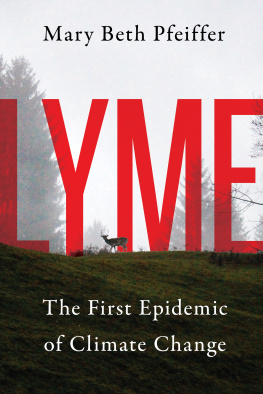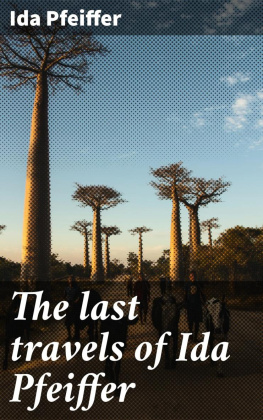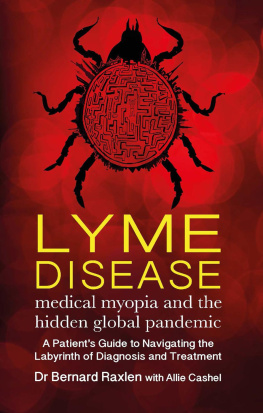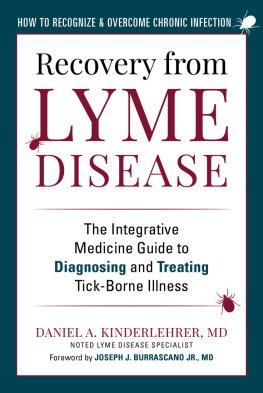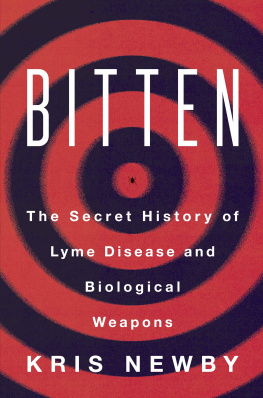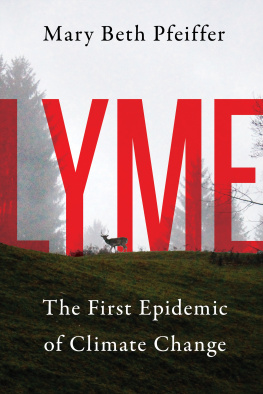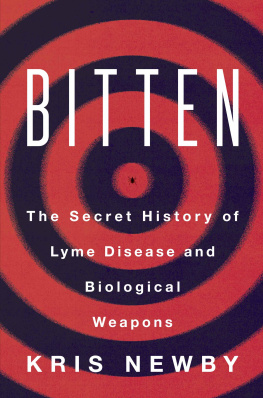Mary Beth Pfeiffer - Lyme: The First Epidemic of Climate Change
Here you can read online Mary Beth Pfeiffer - Lyme: The First Epidemic of Climate Change full text of the book (entire story) in english for free. Download pdf and epub, get meaning, cover and reviews about this ebook. year: 2018, publisher: Island Press, genre: Science. Description of the work, (preface) as well as reviews are available. Best literature library LitArk.com created for fans of good reading and offers a wide selection of genres:
Romance novel
Science fiction
Adventure
Detective
Science
History
Home and family
Prose
Art
Politics
Computer
Non-fiction
Religion
Business
Children
Humor
Choose a favorite category and find really read worthwhile books. Enjoy immersion in the world of imagination, feel the emotions of the characters or learn something new for yourself, make an fascinating discovery.
- Book:Lyme: The First Epidemic of Climate Change
- Author:
- Publisher:Island Press
- Genre:
- Year:2018
- Rating:5 / 5
- Favourites:Add to favourites
- Your mark:
Lyme: The First Epidemic of Climate Change: summary, description and annotation
We offer to read an annotation, description, summary or preface (depends on what the author of the book "Lyme: The First Epidemic of Climate Change" wrote himself). If you haven't found the necessary information about the book — write in the comments, we will try to find it.
Builds a strong case.Kirkus
Lyme disease is spreading rapidly around the globe as ticks move into places they could not survive before. The first epidemic to emerge in the era of climate change, the disease infects half a million people in the US and Europe each year, and untold multitudes in Canada, China, Russia, and Australia.
Mary Beth Pfeiffer shows how we have contributed to this growing menace, and how modern medicine has underestimated its danger. She tells the heart-rending stories of families destroyed by a single tick bite, of children disabled, and of one womans tragic choice after an exhaustive search for a cure.
Pfeiffer also warns of the emergence of other tick-borne illnesses that make Lyme more difficult to treat and pose their own grave risks.Lymeis an impeccably researched account of an enigmatic disease, making a powerful case for action to fight ticks, heal patients, and recognize humanitys role in a modern scourge.
Mary Beth Pfeiffer: author's other books
Who wrote Lyme: The First Epidemic of Climate Change? Find out the surname, the name of the author of the book and a list of all author's works by series.

